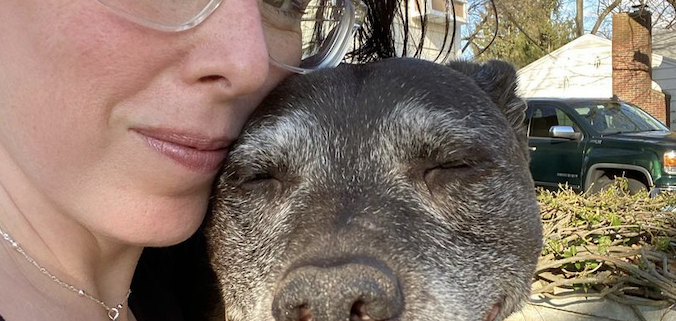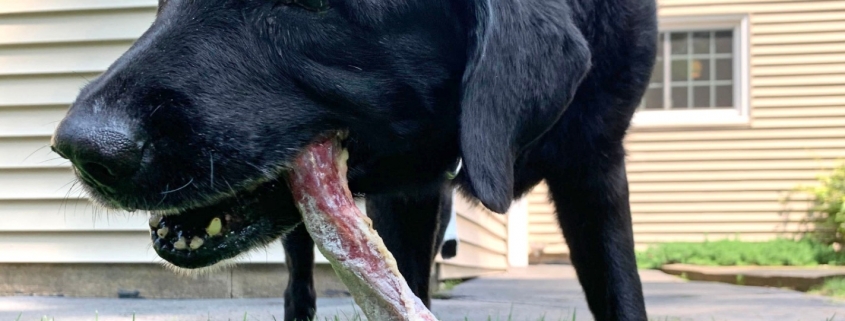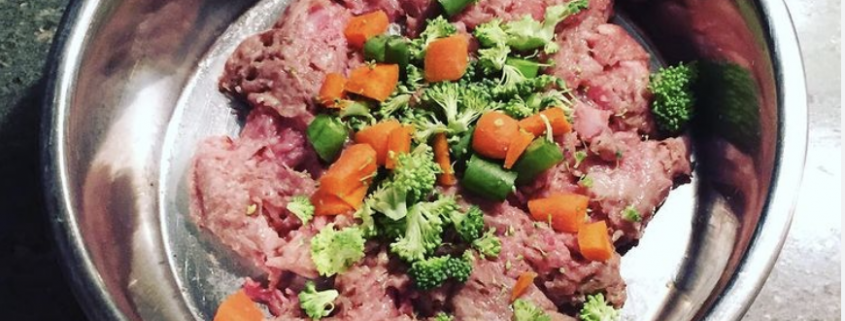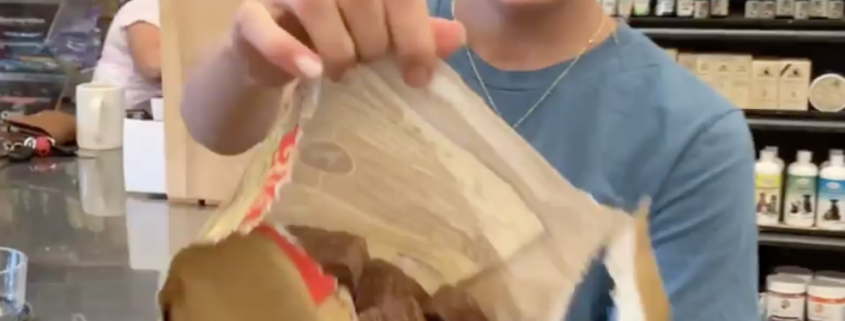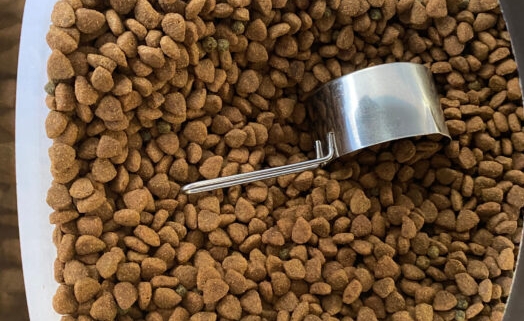Is My Dog ‘Too Old’ for a Raw Diet?
Senior dog owners often dismiss the idea of raw feeding because the animal is ‘too old.’ While nutrition is never one-size-fits-all, it’s also never “too late” to switch foods or supplement with fresh food. If your dog has reached their golden years, improving their diet can be one of the most powerful changes you can make to maximize their health span.
Common Misconceptions Surrounding Raw Food for Senior Pets:
Misconception #1: A raw diet is too high in protein and/or fat for a senior dog.
This idea comes from the notion that raw meat is exceptionally high in protein and fat content, and that a senior dog’s liver and kidneys cannot process too much of these.
- The first misnomer here is that protein and fat are harmful to a senior pet. It’s important to note that protein and fat are actually the most easily digested macronutrients available to the body so long as they are in a minimally processed form. So while it is safe to assume that raw diets offer higher fat and protein than a kibble or canned diet, quality animal-based sources can offer greater digestibility and bioavailability (nutrient absorption) than any cooked, ultra-processed food options.
- The second misnomer is that raw fat and protein put extra stress on the organs – the liver and kidney specifically. Instead, it’s important to understand that the body has to work harder to break down fat and protein that have been processed, or heated multiple times to make kibble or canned food. Furthermore, kibble diets in particular tend to be very high in carbohydrates. In other words, the body works much harder to digest a food that is highly processed than one that is minimally processed.
- The last (and likely the most important) misnomer is that high protein is bad for the kidneys. This is false, and instead it is high phosphorus that can be damaging for stressed kidneys. This is why it is so important for pet food companies to analyze their final product to ensure that nutrients – such as phosphorus – are not too high!
Learn more about nutrient value in your pet’s food here.
Misconception #2: Changing your pet’s diet in old age won’t make a difference.
Diet and nutrition play a vital role in your pet’s health span, regardless of age. New research even shows that the food fed to a puppy can greatly impact the dog’s life in later years. Likewise, what you feed your senior pet can impact their quality of life, often delaying or minimizing age-related changes in mobility, digestive and immune health, and cognitive wellbeing. At NPP, some of the best, most miraculous success stories we hear come from customers who have improved their senior pet’s diet!
Misconception #3: An entire diet overhaul is required to have any noticeable effect on health.
A recent study from the University of Helsinki found that when dogs fed a kibble diet had just 20% of their kibble replaced with fresh, minimally processed food, occurrences of atopic dermatitis (environmental skin allergies) and inflammatory bowel disease significantly decreased. This observation was linked by the body’s methylation process – how efficiently it removes toxins from the body.
The truth is that subtle changes – like increasing moisture with bone broth, supplementing with antioxidant-rich produce, or replacing 20% of a kibble diet with fresh food – can yield noticeable differences in joint mobility, skin and coat health, gut flora, and even cognitive function at any age.

